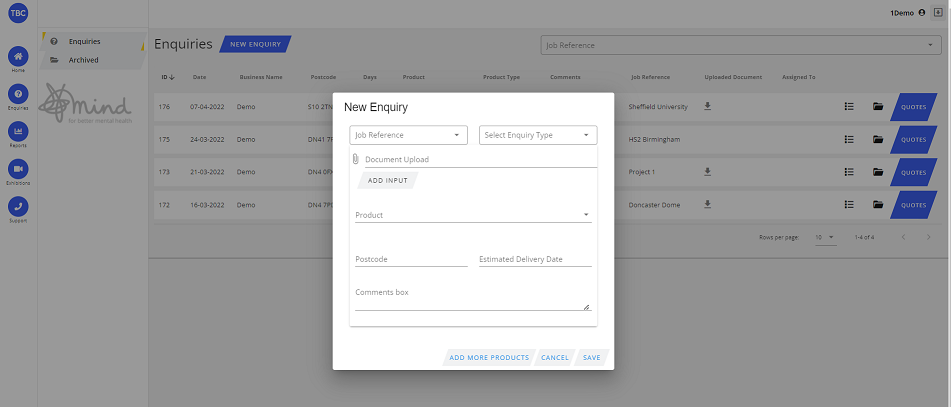Finding Local Suppliers
To source tiles locally, subcontractors can employ these strategies:
Research: Utilise online directories, industry associations, and recommendations from colleagues to identify local tile suppliers.
Site Visits: Inspect local supplier facilities to assess product quality, variety, and reliability.
Request Quotes: Obtain quotes and product information from multiple local suppliers to make informed decisions.
Establish Partnerships: Build long-term relationships with local suppliers to ensure a steady and dependable supply chain.
Tiles are essential components in construction, offering not only aesthetic value but also durability and functionality. Subcontractors can harness the benefits of local sourcing to reduce their environmental impact, bolster local communities, and adhere to Scope 3 ESG principles. By cultivating strong relationships with local suppliers, subcontractors can enhance the quality and sustainability of their projects while contributing to a more resilient and responsible construction industry. In doing so, they become key players in advancing sustainable practices within the construction sector.




